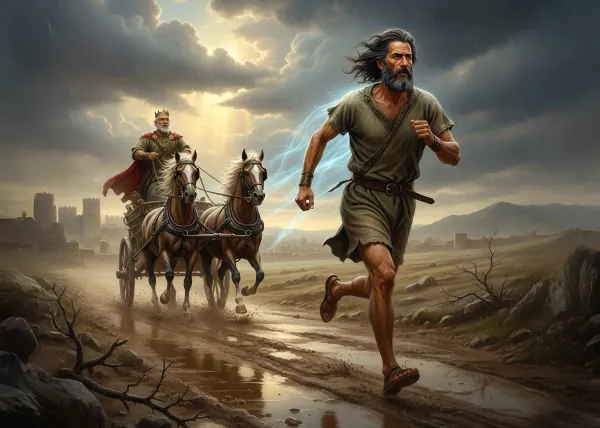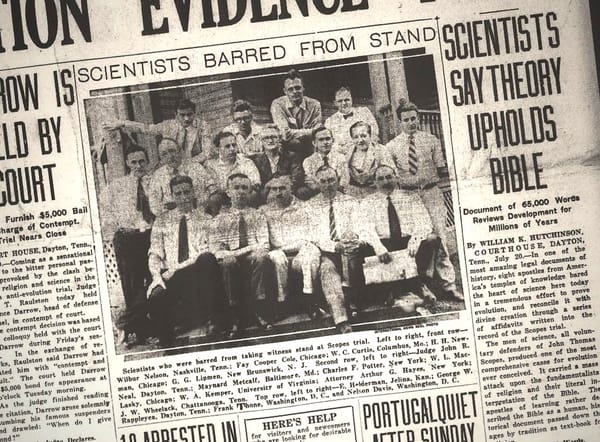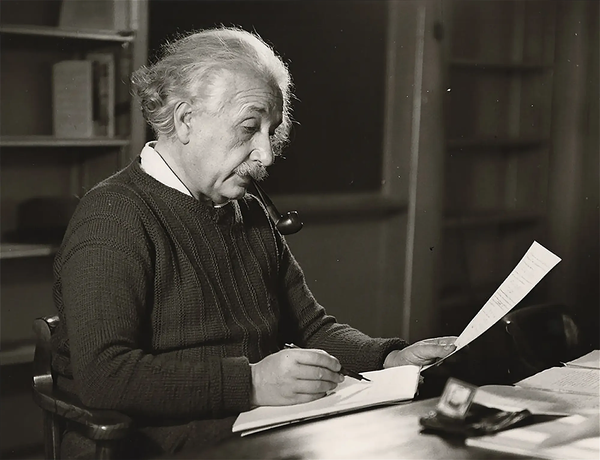
religion
 religion
religion
 op-ed
op-ed
 religion
religion
 religion
religion
Stay Ahead of the Curve
Get the latest in science, skepticism, and societal analysis—delivered straight to your inbox.
 critical thinking
critical thinking
 evolution
evolution
 skeptic in the news
skeptic in the news
 archaeology
archaeology
OUR MISSION
To explore complex issues with careful analysis and help you make sense of the world. Nonpartisan. Reality-based.
About Skeptic Magazine


